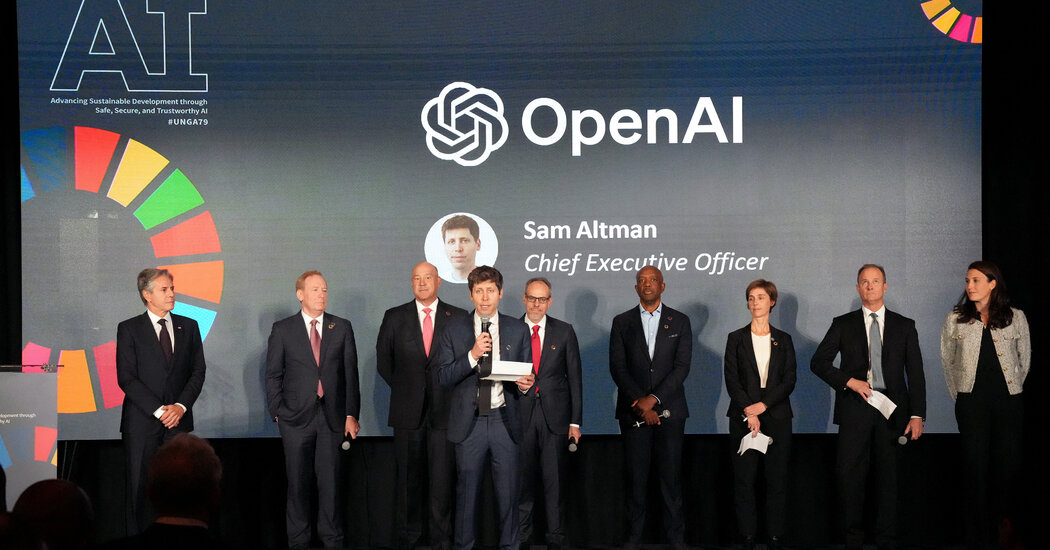The Art of the OpenAI Deal
Thinking through their numbers and those deal terms...
OpenAI Is Growing Fast and Burning Through Piles of Money
As the company looks for more outside investors, documents reviewed by The New York Times show consumer fascination with ChatGPT and a serious need for more cash.

While they published this on Friday – before the subsequent WSJ report that Apple had dropped out of the financing – it's worth digging a bit more into the numbers that Mike Isaac and Erin Griffith obtained with regard to OpenAI:
OpenAI’s monthly revenue hit $300 million in August, up 1,700 percent since the beginning of 2023, and the company expects about $3.7 billion in annual sales this year, according to financial documents reviewed by The New York Times. OpenAI estimates that its revenue will balloon to $11.6 billion next year.
But it expects to lose roughly $5 billion this year after paying for costs related to running its services and other expenses like employee salaries and office rent, according to an analysis by a financial professional who has also reviewed the documents. Those numbers do not include paying out equity-based compensation to employees, among several large expenses not fully explained in the documents.
While it may not be normal for a public company not to include stock-based compensation in their earnings,1 it is normal for a startup to exclude this in any documents shared with investors. We can debate if a company being valued at $150B is still a "startup", but it's not a public company, so, yeah, right or wrong, that's the standard in such information packages. Though given who OpenAI has to talk to in order to raise these sums, certain investors here may not like that too much. Like, say, Apple?

